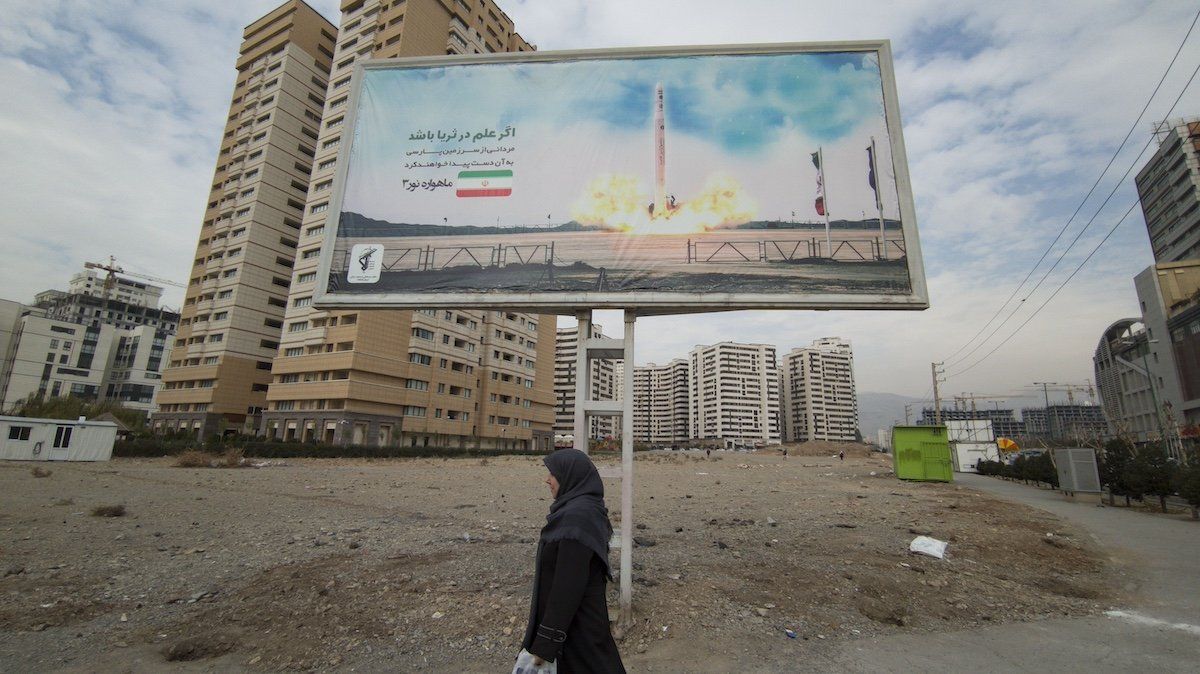On Saturday, Iran launched the Soraya satellite about 750 kilometers above the Earth’s surface, its highest orbit so far. Iran’s civilian space program first successfully launched a satellite back in 2009 and then had some success with light, limited-lifespan satellites, but it struggled with more heavy-duty rockets, leading to multiple failedlaunches.
Today, space tech is a key priority for Tehran, and it kicked off 2023 with a 10-year plan to reach its goal of sending a human into the final frontier. It will have Moscow’s help along the way, thanks to an agreement signed in December 2022 formalizing cooperation between their space agencies. An Iranian imaging satellite had already caught a ride on a Russian rocket in August 2022, one month after Russian President Vladimir Putin visited Iran. It was his first foreign trip following his invasion of Ukraine, for which Iran has supplied key drones.
Hermit Kingdom blasts off
North Korea’s space program managed only two successful satellite launches before last year. But in September 2023, after two embarrassing failures to launch a spy satellite, Putin hosted Supreme Leader Kim Jong Un at a spaceport near Vladivostok. Kim pledged to support Putin in Ukraine, while Putin told reporters he would help with North Korea’s space program.
Lo and behold, about two months later, Pyongyang finally got its spy satellite in orbit. Kim is aiming to launch three more this year.
What to watch
Western governments are worried that lessons learned from putting satellites in space could be applied to dropping nukes on cities.
It’s not an idle concern: The rockets Pyongyang used for its successful satellite launches are based on the Taepodong-2 and Hwaseong-17 ballistic missiles. The Qaem 100 that Iran used on Saturday was designed by the Revolutionary Guard Corps, the elite branch of the Iranian military that controls the missile forces.
Greg Brew, an Iran analyst at Eurasia Group, says Iran is playing at a larger nuclear hedge strategy. Tehran, he says, focuses on developing civilian nuclear and rocket technology that will allow a “sprint” to build nuclear bombs and ICBMs if needed – without attracting international opprobrium from building and testing them in the meantime. But while Russia may be willing to help with the civilian side, Brew adds, nuclear tech is an ace Moscow holds close.
“The evidence would suggest Iran-Russia space cooperation is still focused on non-weapons aspects, but it all lays the foundation for potential further cooperation to develop,” he said.
